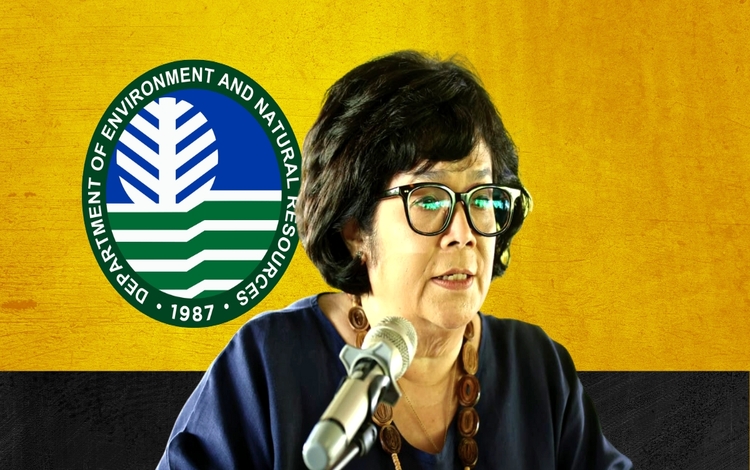In response to mounting allegations concerning her family’s purported landholdings conflicting with her role as the head of the Department of Environment and Natural Resources (DENR), Environment Secretary Maria Antonia Yulo-Loyzaga has finally spoken out. The accusations, primarily centered around the Yulo King Ranch (YKR) and its alleged involvement in land grabbing, particularly in the Busuanga Pasture Reserve, have stirred controversy and prompted Loyzaga to set the record straight.

Loyzaga vehemently denied assertions that her family possesses around 40,000 hectares of the Busuanga Pasture Reserve, stressing that the land has always been government-owned. She clarified that the Yulo family has no stake in the said reserve and has never sought ownership of it. This statement comes in the wake of allegations brought to light by Jarius Bondoc in his “Gotcha” column in The STAR, which accused YKR of encroaching upon forests and ancestral domains in Palawan.
Furthermore, Loyzaga refuted claims of her family’s involvement in negotiations concerning the utilization or distribution of the Busuanga Pasture Reserve by the Department of Agrarian Reform (DAR). She emphasized her commitment to upholding the public interest and serving the greater good through her actions at the DENR.
Bondoc’s allegations regarding the Yulo family’s acquisition of the land post-1976, in contradiction to Proclamation 1387 issued by former president Ferdinand Marcos Sr., have been challenged by Loyzaga. The complexity of legal battles surrounding YKR, including disputes over land ownership and occupation, has been acknowledged. Loyzaga’s role as the family estate executor has been scrutinized, with concerns raised about potential conflicts of interest impacting her decision-making regarding environmental and land-use issues.
The recent Chocolate Hills resort controversy, cited by Bondoc, has also drawn attention to Loyzaga’s handling of similar situations, where private interests seemingly take precedence over environmental protection. Critics argue that Loyzaga’s defense of prior rights in protected areas, despite lacking DENR clearances, reflects a pattern of prioritizing private interests over conservation efforts.

In conclusion, Loyzaga’s public response seeks to dispel any doubts regarding her integrity and commitment to her role as DENR chief. However, the allegations and concerns raised by Bondoc and others highlight the need for transparency and accountability in managing environmental resources, particularly when public officials’ familial ties may intersect with their professional duties.
